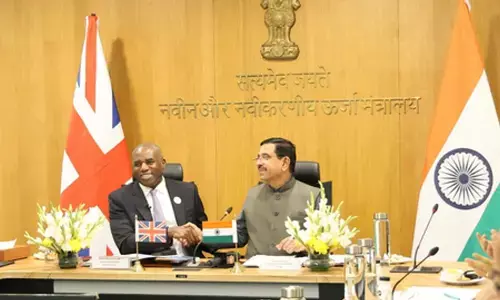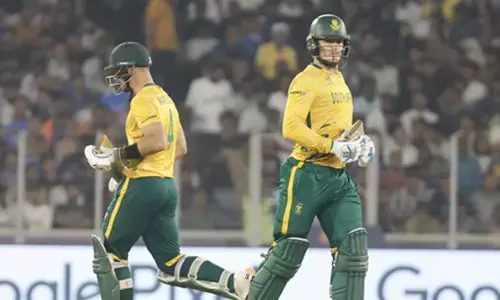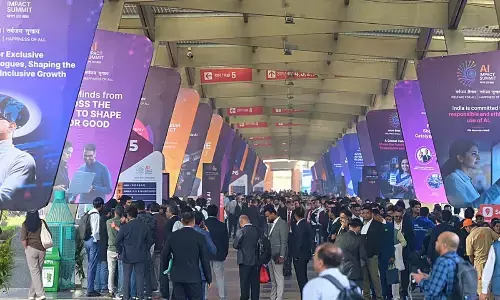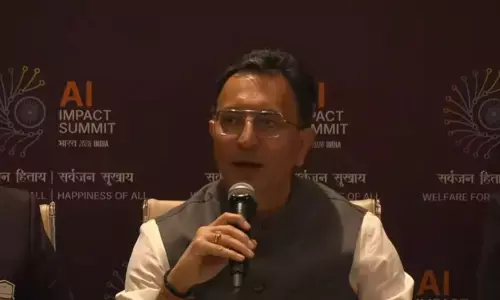Kejriwal's exit raises political risk

Arvind Kejriwal's Exit Raises Political Risk. India’s anti-graft crusader has beaten a hasty retreat from political power. That makes the country riskier for investors.
.jpg) India’s anti-graft crusader has beaten a hasty retreat from political power. That makes the country riskier for investors.
India’s anti-graft crusader has beaten a hasty retreat from political power. That makes the country riskier for investors.
Arvind Kejriwal resigned as chief minister of the Delhi state on Valentine’s Day, less than two months after voters gave his Common Man Party an unexpected mandate. Yet his strategic withdrawal is not a sign of weakness. If the populist leader splits the national urban vote in the upcoming general elections, that will make it more difficult for the Bharatiya Janata Party’s pro-business prime ministerial candidate Narendra Modi to wrest power from the ruling Congress. A closely contested poll might become chaotic.
Now that Kejriwal’s newish party is not bogged down in one state, it has a better chance of utilizing its limited resources to fight a national campaign. It covets a share of India’s urban constituencies, which account for 200 of the 543 seats up for grabs, and where Kejriwal’s promises of anti-bribery hotlines, free water and cheap electricity – pledges he fulfilled in Delhi – are most likely to resonate. While he won’t have the numbers to form his own government, he can make it harder for Modi to do so.
Kejriwal’s ascent is bad news for business. The outgoing chief minister has reversed the previous administration’s decision to allow foreign-owned malls in Delhi. The activist-turned-politician has also accused Reliance Industries, its chairman Mukesh Ambani, and India’s oil minister, of creating an artificial gas shortage – a charge they deny. At the same time, Kejriwal has threatened to cancel Mukesh’s younger brother Anil Ambani’s license to distribute power in Delhi.
These scraps are partly political theatre, and partly well-calculated moves to retain the support of the liberal intelligentsia, which has become disillusioned by the Kejriwal administration’s fiscal recklessness and its penchant for vigilante justice. This included a midnight raid on an alleged drugs and prostitution racket, during which some Ugandan women were humiliated.
With elections near, expect Kejriwal to do more of what he does best: agitate. It remains unclear just how many voters will respond to his anti-establishment message. What’s obvious though is that the strident notes will make investors reach for earplugs.
Reuters











